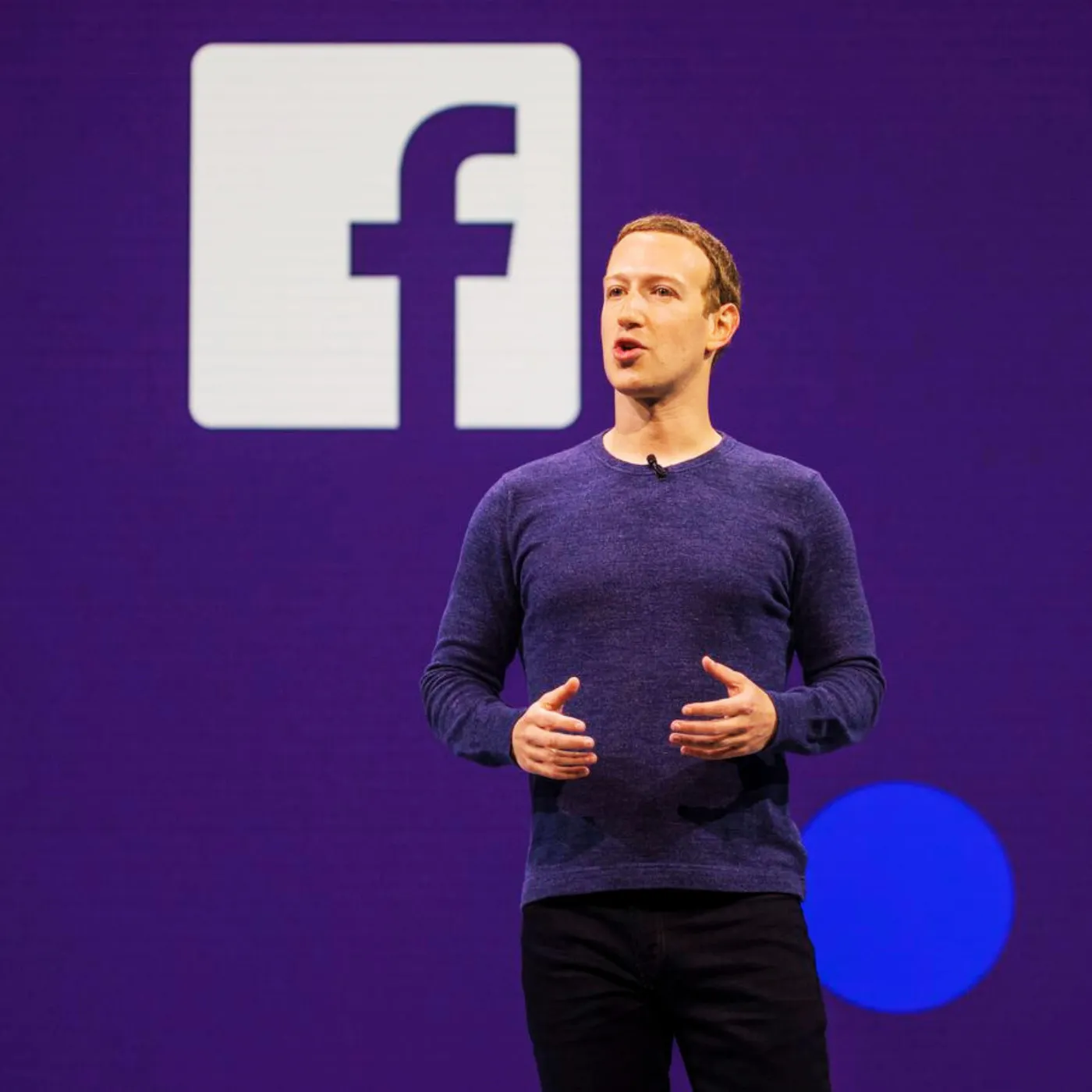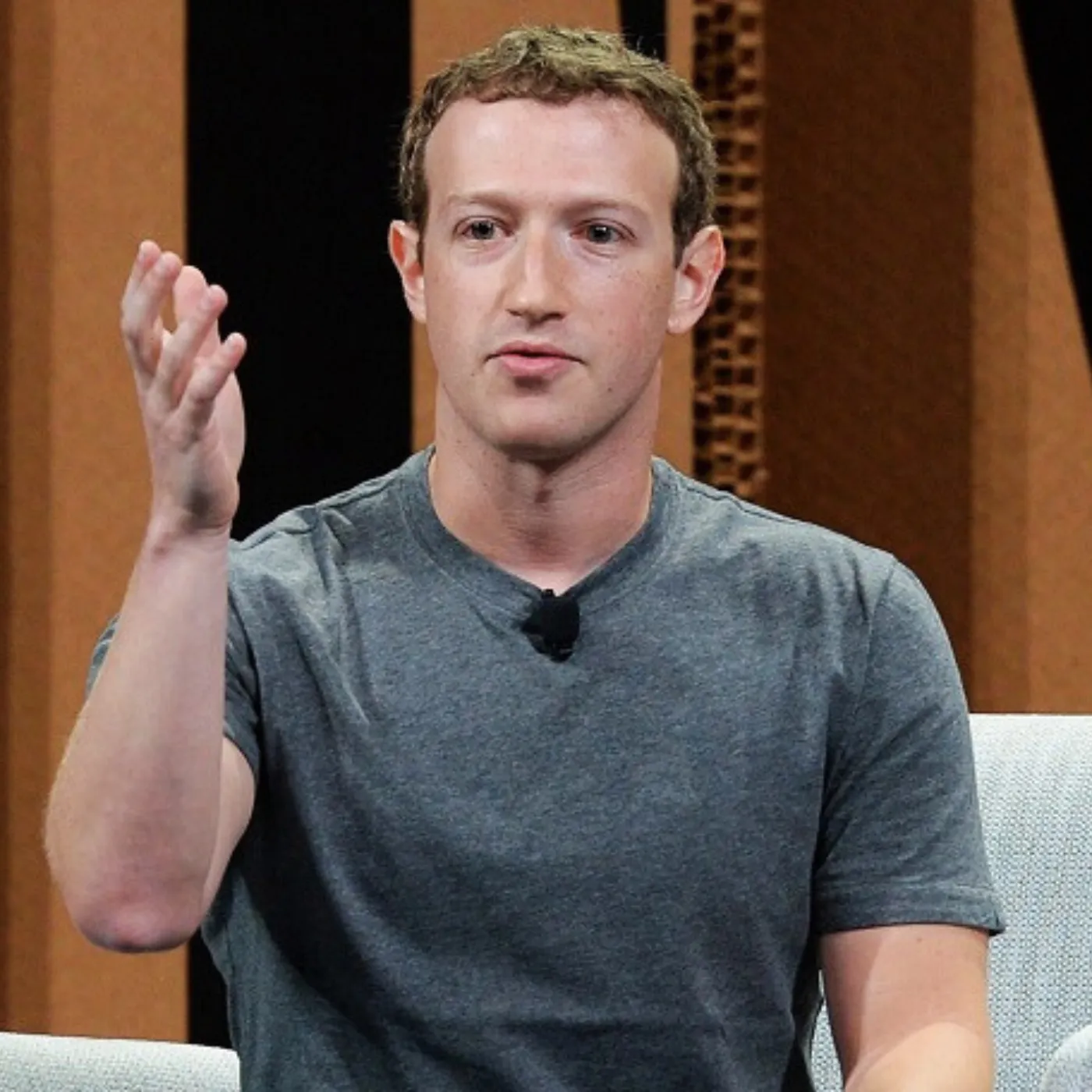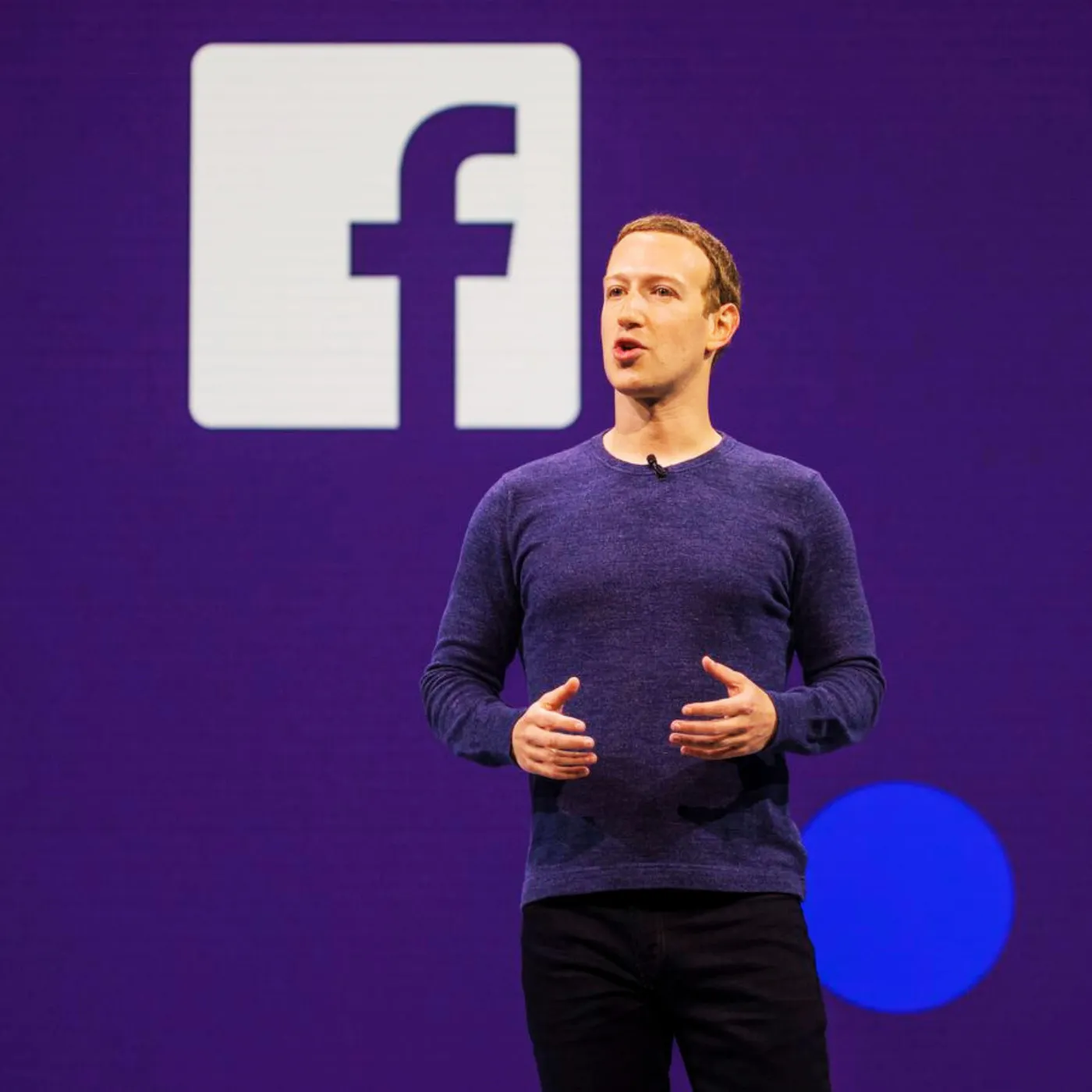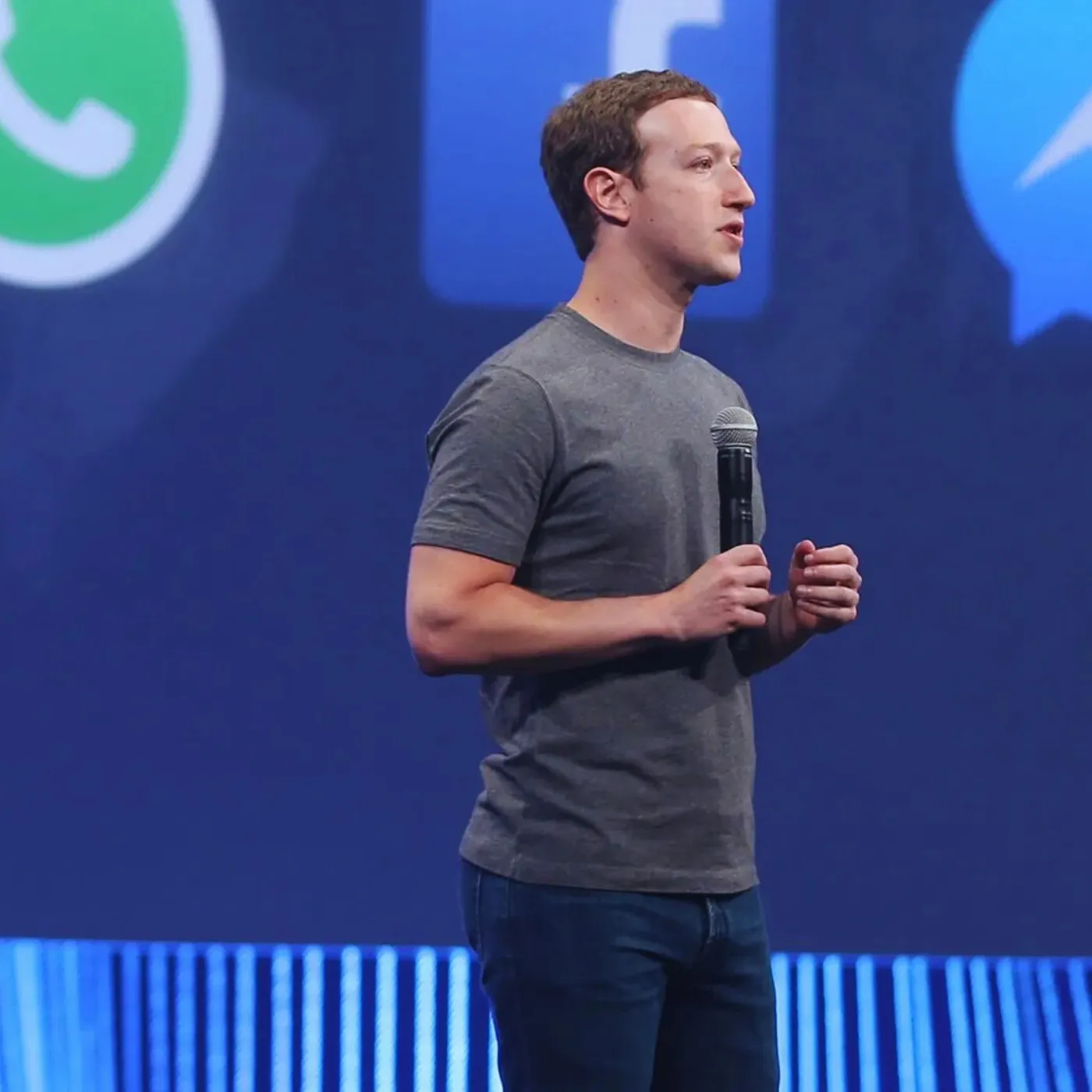

Facebook’s Mark Zuckerberg Slams Media for Sensationalism, Champions User Voice
The relationship between traditional media outlets and social media platforms has long been uneasy. For years, mainstream news organizations relied on platforms like Facebook to distribute their content to wider audiences. In turn, social media companies benefited from the traffic, engagement, and user data generated by news sharing.

However, as social media became the primary news source for millions worldwide, tensions surfaced. Mainstream media began to criticize platforms for allegedly enabling the spread of fake news, conspiracy theories, and polarizing content that undermined journalistic standards and public trust. In response, social media companies introduced a slew of content moderation policies, fact-checking partnerships, and algorithmic tweaks — often drawing accusations of censorship or bias from various stakeholders.

Zuckerberg’s recent comments are the latest chapter in this fraught history, and they reflect a growing frustration within tech leadership over what they perceive as unfair targeting by traditional media organizations struggling to maintain influence in a digital-first world.

What Did Mark Zuckerberg Actually Say?
During the Q&A, Zuckerberg didn’t mince words when addressing how social media platforms are often depicted in the press. He called out what he described as “alarmist and sensationalist reporting” that frequently misrepresents how platforms like Facebook actually function.
“There’s this constant narrative pushed by certain media outlets that social media is fundamentally broken, dangerous, or out of control,” Zuckerberg stated. “I think it’s essential that we remind people they have control over their own online experience. The idea that platforms should decide what’s right for you is not the future I believe in.”
His remarks struck a chord with those who feel that media coverage of social media often paints users as passive, impressionable consumers incapable of critically evaluating content for themselves. Zuckerberg’s emphasis on personal responsibility, choice, and digital literacy sparked immediate reactions across industry circles, with some seeing it as a rallying cry for platform neutrality and others interpreting it as an abdication of corporate accountability.
The Double-Edged Sword of User Empowerment
At the heart of Zuckerberg’s comments is a belief in user empowerment — the idea that people should be free to curate their digital experiences, decide which voices they want to hear, and reject content they find irrelevant or misleading. This philosophy aligns with the original vision of the internet as an open, decentralized space where ideas compete on their own merit.
However, empowering users in an era of information overload is easier said than done. Critics point out that the sheer volume of information available on platforms like Facebook makes it nearly impossible for the average user to vet sources or verify claims. Moreover, human psychology tends to favor content that confirms existing beliefs — a phenomenon known as confirmation bias — which can lead to self-reinforcing echo chambers and the marginalization of dissenting viewpoints.
Zuckerberg’s proposal implicitly assumes a high degree of digital literacy among users. Yet studies consistently show that many people struggle to differentiate between credible journalism, opinion pieces, satire, and outright misinformation online. Without effective guardrails or editorial oversight, empowering users to chart their own information journey could exacerbate existing divides rather than bridge them.
Why Zuckerberg’s Comments Matter Now
The timing of Zuckerberg’s remarks is significant. In recent years, social media platforms have faced relentless pressure from governments, regulators, advocacy groups, and the media to police harmful content more aggressively. From the spread of misleading health information to coordinated influence campaigns and digital harassment, platforms have implemented an array of moderation tools, content warnings, and account bans to stem the tide.
However, these efforts have not been universally applauded. Critics from across the ideological spectrum argue that such measures risk silencing legitimate dissent, eroding free expression, and giving too much power to private corporations to define acceptable discourse.
Zuckerberg’s comments effectively push back against this narrative, suggesting that attempts to overly curate or sanitize online spaces may do more harm than good by infantilizing users and centralizing control over information. His remarks frame Facebook not as an editorial authority but as a neutral platform offering tools for connection, expression, and exploration — with the understanding that responsibility for content ultimately lies with users.
Industry Reaction: Divided and Vocal
Reactions to Zuckerberg’s remarks have been swift and polarized. Among tech industry insiders, some praised the CEO’s willingness to challenge mainstream narratives and advocate for platform neutrality.
“Mark is right — people aren’t children. They’re capable of deciding what’s true or important to them,” one Silicon Valley investor tweeted. “It’s time to treat users like adults and stop pretending media outlets are neutral referees of reality.”
Conversely, media professionals and digital ethics advocates expressed concern that Zuckerberg’s vision risks absolving social media companies of their social responsibilities.
“You can’t just hand people a megaphone and say ‘Good luck,’” argued a prominent media critic. “When your platform amplifies voices globally, you have a moral duty to ensure it isn’t exploited by bad actors. This isn’t about infantilizing users; it’s about protecting the integrity of the public square.”
This debate reflects broader societal tensions over authority, trust, and agency in the digital age — issues that are unlikely to be resolved soon.
The Future of Content Moderation: Minimalism or Intervention?
Zuckerberg’s remarks revive the age-old internet debate: Should platforms moderate content, and if so, how much? On one side are advocates of digital minimalism, who believe that excessive content policing stifles innovation and free expression. On the other are proponents of proactive moderation, who argue that without intervention, social media inevitably becomes a breeding ground for harmful content.
Zuckerberg’s comments suggest he favors a middle ground — one where platforms provide tools and transparency, but ultimate control rests with the user. Whether such an approach is viable or responsible in today’s hyper-polarized, hyperconnected environment remains to be seen.
Conclusion: A Defining Moment for Digital Culture
Mark Zuckerberg’s critique of sensationalist media coverage and his defense of user autonomy marks an important moment in the evolution of digital culture. It forces both platform operators and users to confront difficult questions about responsibility, trust, and the future of public discourse.
His remarks may be controversial, but they reflect a deep, unresolved tension in modern society: How do we balance free expression with public safety, platform neutrality with social responsibility, and user empowerment with accountability?
As technology continues to redefine how information is produced, shared, and consumed, these debates will only intensify. The choices made today — by platforms, policymakers, and individual users alike — will shape the digital landscape for generations to come.


















